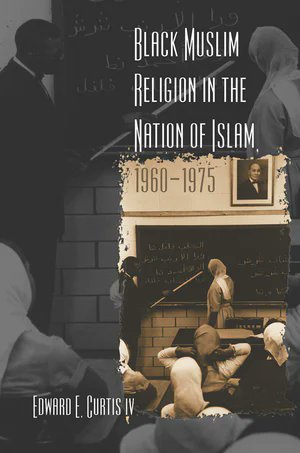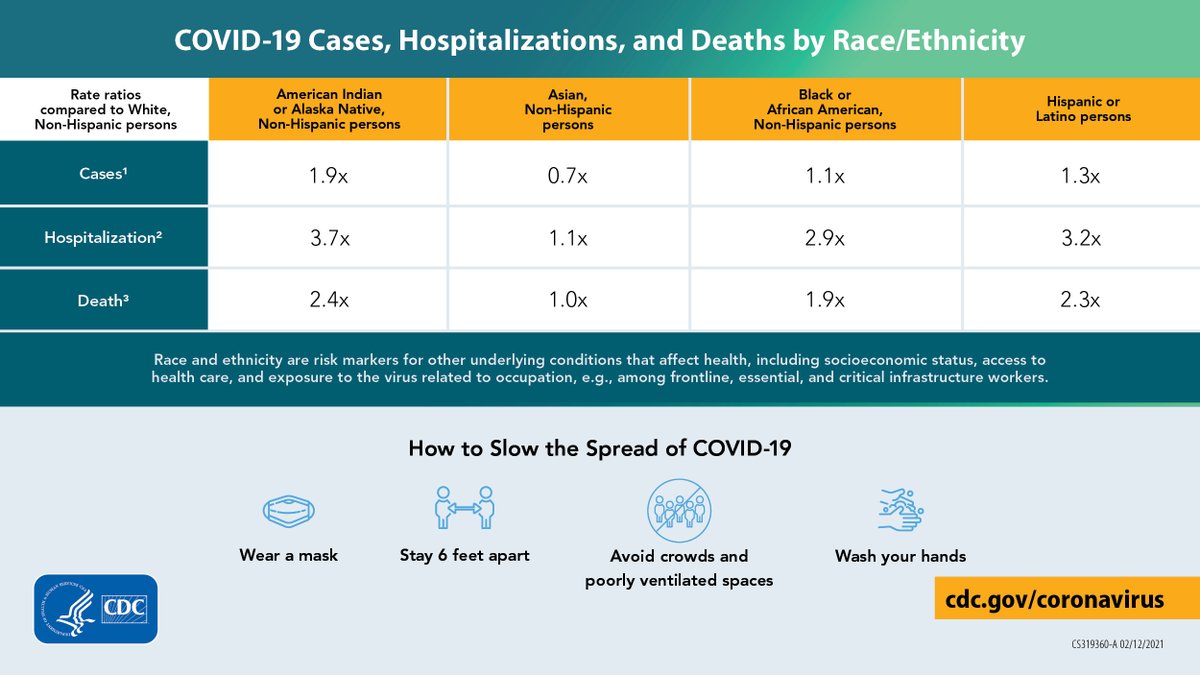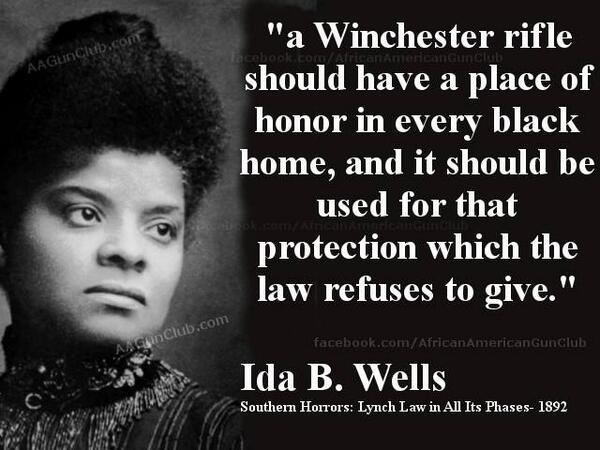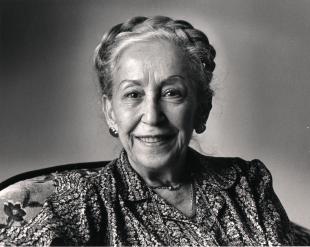
Midwestern solidarity with Palestine, a history....
It was in local chapters of the New Syria Party in which Midwesterners and Arabs from other regions organized for Palestinian and Syrian self-determination in the 1920s.
For example, in Sioux City, Iowa
@IaHistoryCenter
It was in local chapters of the New Syria Party in which Midwesterners and Arabs from other regions organized for Palestinian and Syrian self-determination in the 1920s.
For example, in Sioux City, Iowa
@IaHistoryCenter
https://twitter.com/EdwardECurtisIV/status/1393948699651358721

Thew New Syria Party raised money for Syrians who resisted the French occupation of Syria and Lebanon.
In St. Joseph, Missouri, 1927.
@OzarksWatcher @RabiaGregory
In St. Joseph, Missouri, 1927.
@OzarksWatcher @RabiaGregory

Not all Arabic-speaking Americans were fans of the revolt or the New Syria Party. For example, in 1927 Maronite Christians in Cincinnati opposed the party and its VIP guest, Shakib Arslan. 

But this was no small movement. 100 delegates from around the country attended the 1927 convention at the Hotel Fort Wayne in Detroit. 


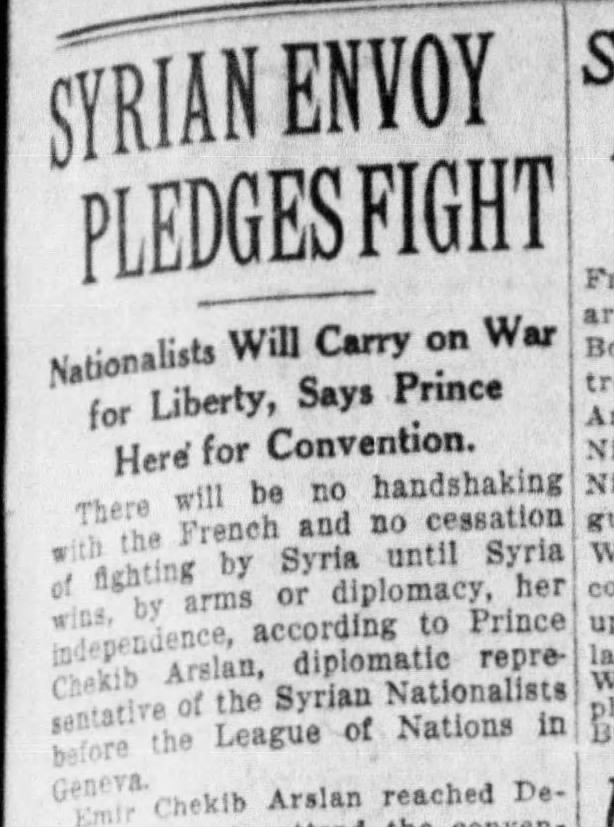
And the struggle continued. In 1930, Prince Adel Arslan from Lebanon visited many of the locations that Shakib Arslan had to rally support, especially for Palestine. Like St. Joseph, Missouri. 

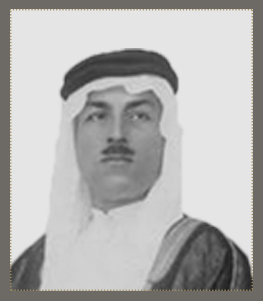
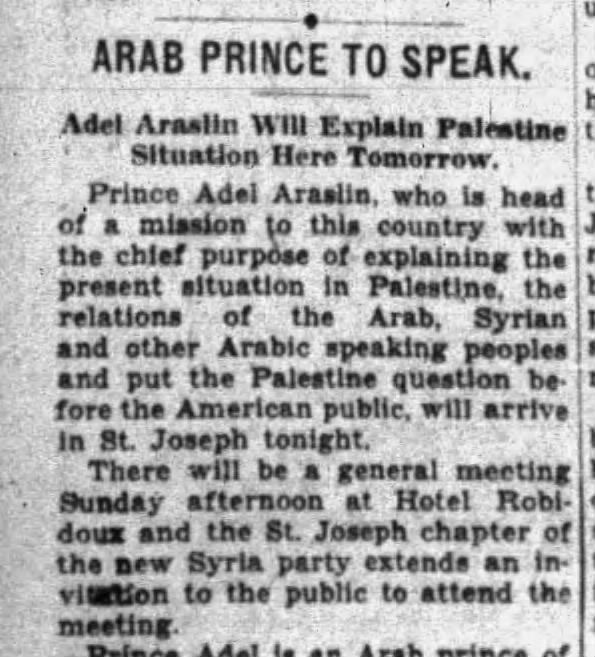
In the 1930s, Arab Midwesterners did not see a conflict between U.S. patriotism and Palestinian freedom. Muslims at a 1936 gathering at the Mother Mosque in Cedar Rapids saluted the flag and raised money for Palestine. (My book covers this.)
@sarahedees @KristyNabhan @burnidge

@sarahedees @KristyNabhan @burnidge


This advocacy by Arab immigrants and their children carried on after World War II. In the 1950s, my great grandfather, George Samaha Moses, hosted Palestinian students from @SIUC at men's clubs meetings to rally support for Palestinian freedom.
More generally, Midwest history friends, the history of our region has always been international--from the Native nations of this land to the early transnational agricultural and labor markets.
You *can't* do Midwest history if you white-wash it and ignore Arabs.
E.g.:
You *can't* do Midwest history if you white-wash it and ignore Arabs.
E.g.:

• • •
Missing some Tweet in this thread? You can try to
force a refresh






